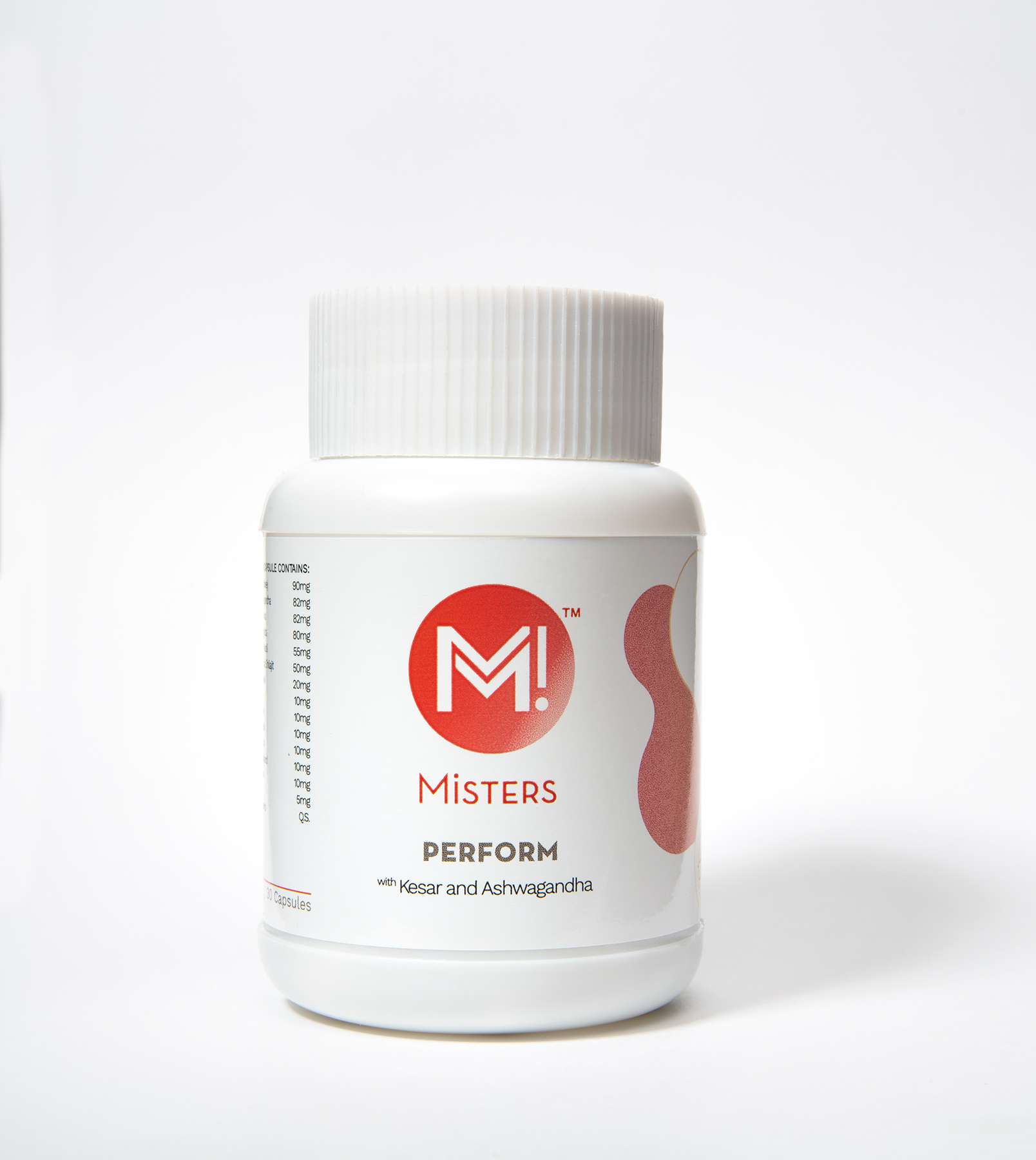Shilajit is a pale yellow-brown or blackish brown coloured substance extracted from the rocky or mountain region. It is a sticky substance which is found in the Himalayas. It is one of the natural materials that are formed due to the gradual decomposition of plants in the mountainous regions. This decomposition of plants takes place with the help of micro-organisms. Shilajit is a tarry or sticky substance, which means a solid or elastic natural product. It is extracted in the form of a shapeless piece with a non-uniform, porous or smooth surface.
Shilajit is mainly used in Ayurveda because of its excellent medicinal actions and benefits.
According to Ayurveda, Shilajit is of two kinds, one which smells like cow’s urine and the other one smells like camphor. Among these two, the one which resembles the smell of cow’s urine is considered to be the best variety of Shilajit. It is also considered as one of the best rejuvenators.

Buy now and get Rs. 150/- off
Shilajit is well known all over the universe by various other names, such as Salajit, Shilajatu, mineral pitch or mineral wax in English, black asphaltum, Asphaltum punjabianum in Latin, also locally as shargai, dorobi, barahshin, baragshun (Mongolian), mummenayyee (Farsi), tasmayi (Kazakh: rock oil), brag zhun (Tibetan), chao-tong, wu ling zhi (Chinese, which generally refers to the excrement of flying squirrels) and arkhar-tash (Kyrgyz).
The most widely used name in the former Soviet Union is mumiyo (Russian, variably transliterated as mumijo, mumio, momia, and moomiyo), which is ultimately from Latin (mumia) which means body-preserving or a borrowing of the medieval Arabic mūmiya and from a Persian mūm or mūmiya.
For more than 3000 years, Shilajit has played a vital role in the folk medicine of the former Soviet Union as well as in traditional Indian medicine and also in Tibetan pharmacology because it is a naturally extracted product.
It is also considered as one of the best dietary supplement, which restores the energy of the body internally and helps in its rejuvenation. Shilajit also carries the potential to treat or fight back a number of diseases related to ageing, sexual health or immunity, which makes it one of the best traditional medicines used ever.
Some studies have also revealed that the consumption of Shilajit is safe. In day to day life, it is seen that in Nepal as well as north India, children consume it with milk in their breakfast. The Sherpa community has a high occurrence of consuming Shilajit in their diet and lifestyle, lending the community a widely held belief that sherpas are strong, and have high longevity.

Buy now and get Rs. 150/- off
Medically reviewed by Rishabh Verma, RP

References
· Vaidyaraj Harishankar S. Rasratnasamuchya, (vol. 1). Bhartiya Kala Prakashan.2006:41-44
· Pt. Shastri K, Dr. Chaturvedi G.Charaka Samhita, Chikitsa Sthan.2012:44-49
· https://www.researchgate.net/publication/6510688_Shilajit_A_review

